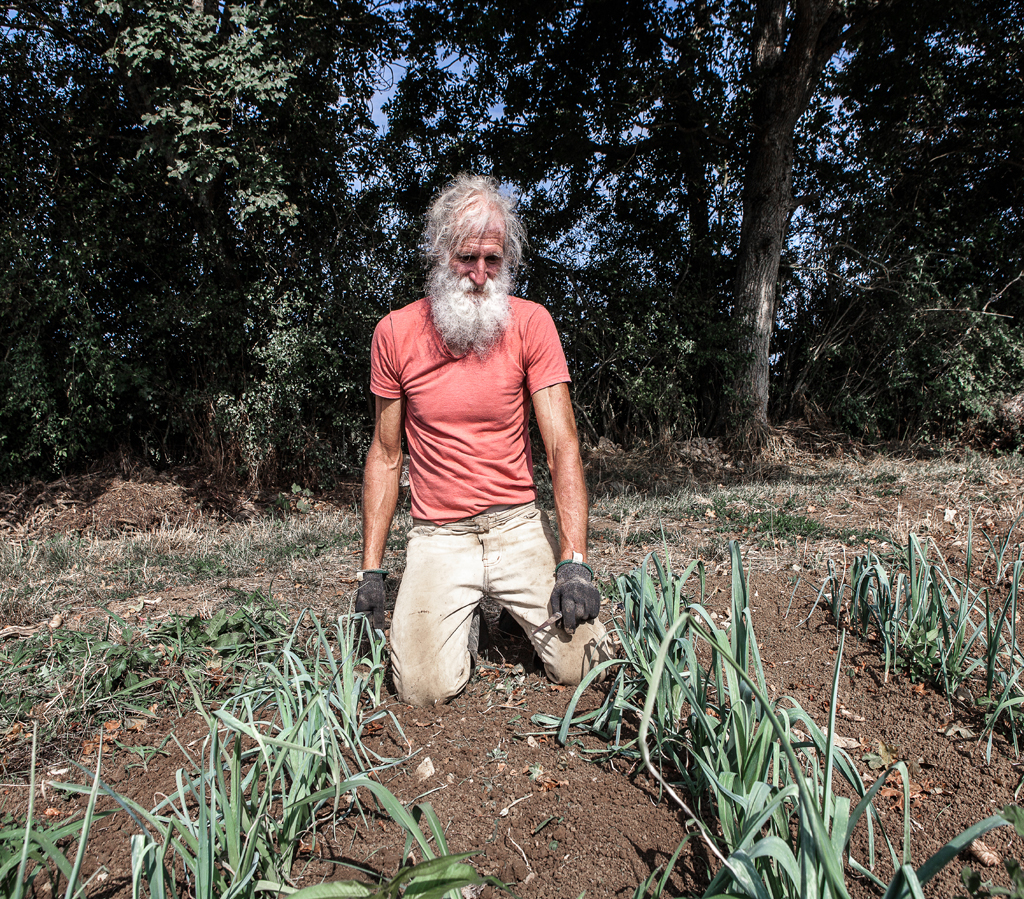(LES SAINTS LÉGUMES)
Claire JACHYMIAK
This post is also available in:
 French
French
This documentary looks at the Braux Mill farm, halfway between Semur-en-Auxois and Vitteaux in Burgundy, and its production of organic vegetables. Like an increasing number of people, I myself am very interested in organic produce and so I went to meet Luc and offered to document his work through the seasons for a whole year. In the course of the project I became acquainted with Isabella, who appears in many photos and whose story fascinated me, as well as Gérald and Paul who appear from time to time. This project highlights the difficult conditions facing organic market gardeners, especially at the Braux Mill, very far from the comfort to which modern society aspires.
The land around the farm, located in the plain near Braux village, is not particularly well adapted to market gardening. The clay is heavy, difficult to work. These days, growers prefer to set up their farms in the Saone river valley where the earth is more sandy and light.
Luc has been growing vegetables since the beginning of the eighties and is one of the pioneers of organic farming. Growing vegetables is practically a religion for Luc and his faith in his work is unwavering – hence the title of the project, “Divine Vegetables”. He still uses archaic methods of work, weeding by hand, harvesting by hand as well. It would appear that new organic farming techniques – such as thermal weeding or mechanical harvesting – have not yet reached Braux Mill farm. Most likely initially by choice (intensive organic farming has other environmental impacts, chemical weed-killers also eliminate the biodiversity in the soil…) and finally by constraint, subject to the vicious circle of unending hard work to produce enough to satisfy demanding customers. Luc is helped by Gérald, who works full time, and by another part-time worker. Generally he has many WWOOFers (World-Wide Opportunities on Organic Farms – a network of organic farms throughout the world) at the farm but these days they are few and far between. Hosts offer to feed and lodge WWOOFers and to share with them their knowledge and daily activities. Luc works close to 100 hours a week.Gérald is a full-time employee on the farm, along with a second part-time worker who arrived during the year. Like Luc, he does a huge amount of work. He sleeps at the farm during the week as he lives far away.
Paul is from New Zealand. He spends most of the year at the farm, and heads off to the south of France during the summer months. He is given food and lodgings in exchange for his work on the farm. He likes to chat with me but prefers not to be photographed.
Isabella’s arrival was a real boost for Luc. She is an eighteen-year-old German girl and came as part of a Franco-German ecological voluntary work scheme to spend a year at Braux Mill farm. She started in September 2015 and left in September 2016. The experience was difficult for her but she managed to achieve what she had set out to do, which was obviously a source of satisfaction. I was astonished by Isabella’s strength of character and determination which saw her hold out to the end of her 12-month voluntary work commitment. At 1.85m tall she was offered some modeling work but turned down to offer in order to continue as an apprentice organic market gardener…… A few forays to Dijon to meet up with other volunteers like herself, of the same age, helped her to keep going and to forget for a short while that she was one of the rare women at the farm. (Luc’s companion was stuck in the south of France since the previous winter.)Braux Mill farm is unusual and appealed to me from the start, because although it is totally isolated in the middle of the countryside, there are people there of all nationalities, speaking a little French, a little English…. Life there is Spartan, almost monastic. Alcohol and tobacco are forbidden, and days pass with the same routine of work and activities, occasionally disrupted only by bad weather. Every day has the same programme: out of bed at 6 in the morning in Autumn, Spring and Summer, or at 7 in Winter; work in the greenhouses or on the land until breakfast at 8 and until 1 or 2 in the afternoon; preparation of lunch, made up principally of raw and cooked vegetables, which takes 2 hours, and then the day resumes with work up until 8 or 9 in the evening, and later still for Luc. Working methods on the farm mean that there is no other way to function, and everyone ends up doing overtime. The ascetic way of life creates a peculiar ambiance which I tried to capture as best I could.
In conclusion, this documentary on the environment and on an organic farm with undeniable productivity and results, can be considered as social photography in that it highlights difficult working conditions (impossible to hire more than the equivalent of one-and-a-half people, to cover a very big work load). This farm is far from the intensive methods applied elsewhere, lowering costs and so making organic produce available to the masses (which is not without drawbacks). It raises a thorny issue: can organic farming feed the planet?



